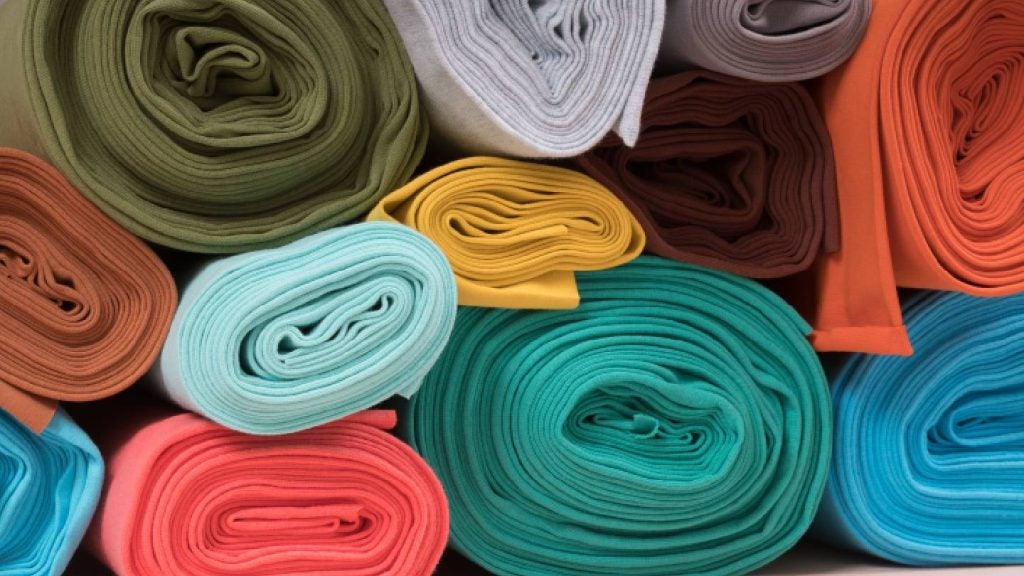Textile Exchange's new initiative is poised to streamline the global textile industry's adoption of sustainable practices for raw material production.
Textile Exchange chief standards and strategy officer Ashley Gill shared insights into the new system at the organisation's annual conference.
The Materials Matter Standard is a voluntary sustainability benchmark focusing on the production and initial processing of raw materials. It aims to incentivise a system where materials used in clothing and textiles are in line with climate objectives, uphold human rights and animal welfare, while contributing positively to soil health, water and biodiversity.
According to Gill, partnership agreements will play a key role in the Materials Matter System by identifying and collaborating with programmes that match Textile Exchange's guidelines for sustainable production.
“By working through partnerships, we can reduce duplication for brands and producers, improve traceability, and accelerate measurable progress for climate and nature,” Gill said.
The integration process ensures that key fibres covered by current standards, including wool, alpaca, mohair, recycled materials, and organic cotton, continue to be fundamental within Textile Exchange’s evolving standards framework.
A specific transition pathway is being established for the Organic Content Standard (OCS) to become part of the Materials Matter System.
This pathway will maintain essential features of the OCS such as traceability while enhancing the system to achieve more comprehensive outcomes centred around farmers.
The development of this updated approach leverages more than 20 years of experience working with the organic cotton community and incorporates extensive consultations with producers, suppliers, and brands.
It also addresses the increasing global focus on green claims, transparency, and traceability in supply chains by emphasising robust integrity systems capable of withstanding scrutiny in this evolving landscape.
According to Textile Exchange, the goal of its partnership approach is to align credible partner systems under a single vision focused on climate and nature impact.
This alignment is intended to reduce duplication of efforts, ease the burden on suppliers, and enable brands to more readily source materials that deliver measurable benefits on the ground.
The new approach aims to facilitate easier sourcing for brands and create clearer pathways for scaling up preferred production systems, thereby encouraging wider adoption throughout the industry.
The Materials Matter System extends beyond conventional standards recognition by supporting traceability to farm level and aiding those involved in adopting and advocating for organic production systems.
In collaboration with recognised partners that comply with the IFOAM Family of Standards, Textile Exchange is crafting a holistic approach that enhances opportunities and impacts across the industry.
The organisation is also exploring partnerships that acknowledge preferred production systems in broader cotton contexts and man-made cellulosics.
Gill added: “Partnership and connection have always been at the heart of our work and we will bring this spirit directly into our standards system.
“This updated approach to partnership will be built on reciprocal benefit. Together, Textile Exchange and its partners will work in a way that is both mutually rewarding and drives real progress for animals, climate and nature."
In July this year, Textile Exchange announced its new Materials Matter Standard will be effective in 2026, however it will launch the approved criteria later this year.













